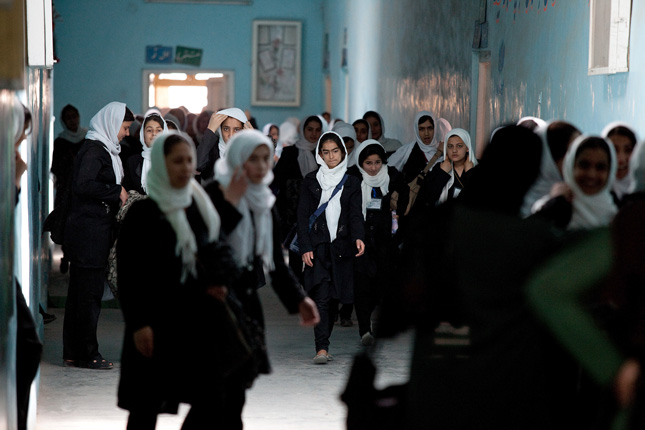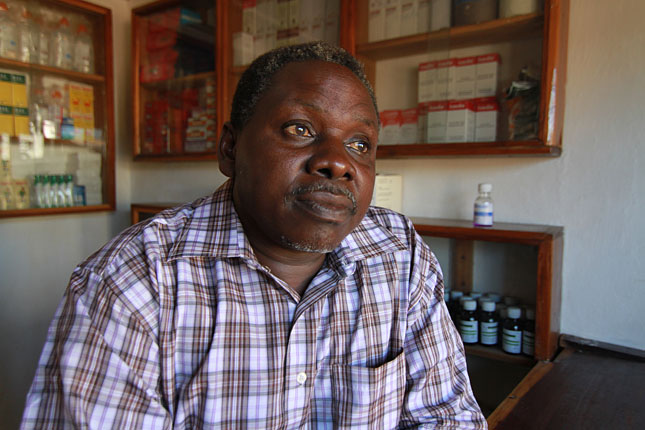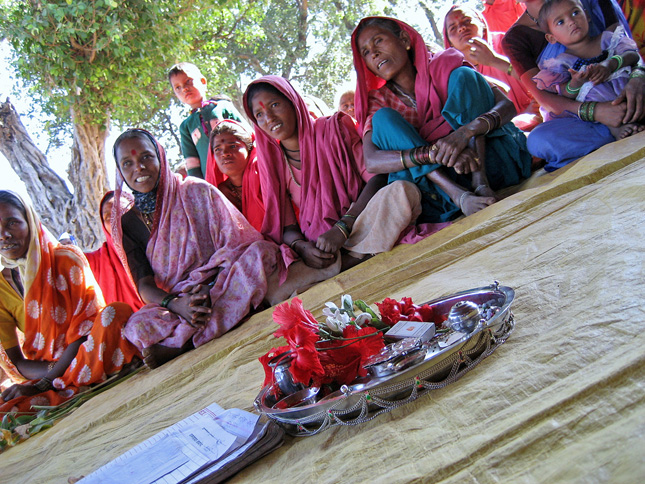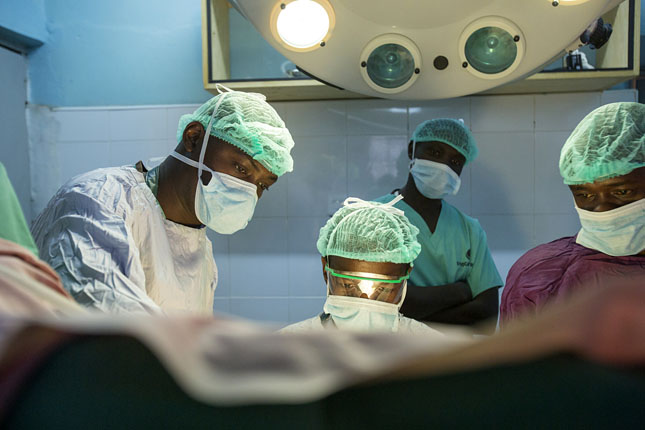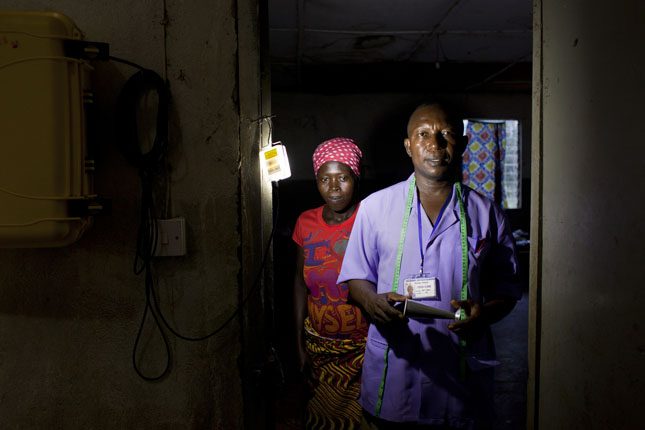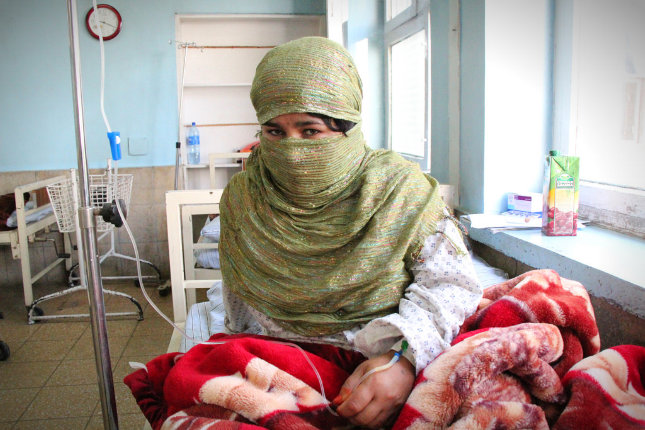-
What Explains the United States’ Dismal Maternal Mortality Rates?
›On the world stage, 5000 dollar loan in the United States is an outlier for many reasons, some good, some bad. Few are more alarming, however, than maternal health. Despite spending two and half times more per person on health than the OECD average, the maternal mortality rate in the U.S. – the number of women who die during or as a result of childbirth and pregnancy – increased from 12 to 14 deaths per 100,000 live births from 1990 to 2015, putting the United States at 46th in the world. [Video Below]
-
Sexual and Reproductive Health and Rights Key to Youth Empowerment – But How Do You Put Girls at the Center?
›“If we are serious about results, [the Sustainable Development Goals] must be developed from the perspective of the young person, particularly the adolescent girl. It is about her challenges, her rights, and her future. Займ на карту онлайн. Our collective success begins and ends with her,” said Benoit Kalasa, director of the technical division for the United Nation’s Population Fund at the Wilson Center on October 19. [Video Below]
-
Rethinking Business As Usual: Leveraging the Private Sector to Strengthen Maternal Health
›In 2013, nearly 300,000 women died during pregnancy and childbirth. The majority of those deaths were in developing countries and entirely preventable. 500 dollar loan. Much of the effort towards reducing this number has been focused on what governments should do differently, but the private sector plays just as important a role as the public sector, said a panel of experts at the Wilson Center on September 17. [Video Below]
-
In India, Lower Castes and Tribals Being Left Behind in Maternal Health
›
Maternal mortality causes 56,000 deaths every year in India, accounting for 20 percent of maternal deaths around the world. Women who are born into the lower castes or are tribals – India’s indigenous groups – are especially likely to lack access to quality health care. Over 40 percent of these women also belong to the lowest wealth quintile.
-
Iatrogenic Fistula on the Rise as More Women Gain Access to Surgery
›
Obstetric fistula is a devastating childbirth injury caused by prolonged obstructed labor. It can lead to incontinence and infection, social stigmatization as others recoil in horror, and even mental illness. Between 50,000 to 100,000 women each year are affected by it – and it’s entirely preventable with proper medical attention.
-
Better Training and Support for Midwives Is Saving Women’s Lives
›
The feats that pregnant women perform under some of the most rudimentary conditions are sometimes unimaginable.
-
Previewing the Next Generation of Global Maternal and Newborn Health Programs in Mexico City
›
The Global Maternal Newborn Health Conference, held in Mexico City from October 18-21, will provide a forum to identify, understand, and respond to the most urgent health needs of mothers and newborns. The hope is that it will accelerate momentum for maternal and newborn health in the newly adopted Sustainable Development Goals and put us on a track to end all preventable maternal and newborn deaths.
-
Pakistan’s Maternal and Child Health Problems “Huge Stumbling Block” to Development, Long-Term Security
›In the long term, improving maternal and child health is as critical to national security as any problem in Pakistan today, said a panel of experts including Minister of National Health Services Saira Afzal Tarar at the Wilson Center on September 9.
Showing posts from category Dot-Mom.


